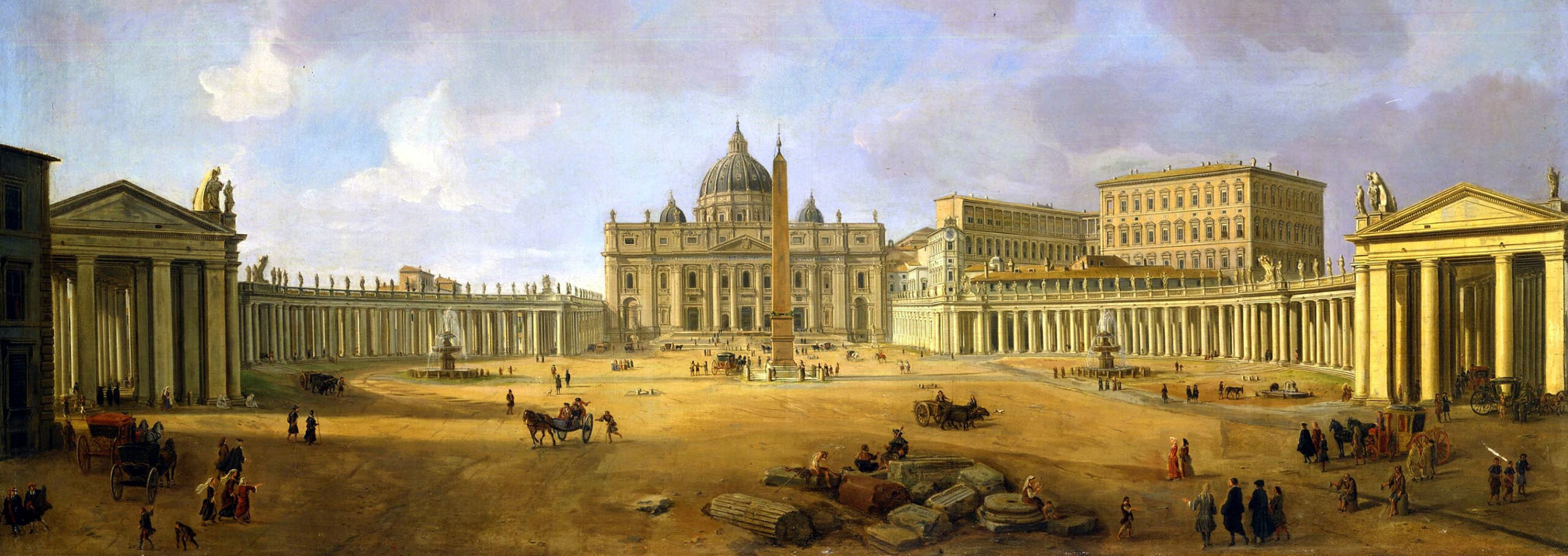
History
Are you looking to fill the gaps you missed in your formal education? TAN courses brings you insightful lecture courses from some of the greatest Catholic minds, who have been bulwarks of Catholic education at leading universities. You can feel relieved knowing that TAN Courses are 100% faithful to the Magisterium of the Catholic Church.
Explore Courses
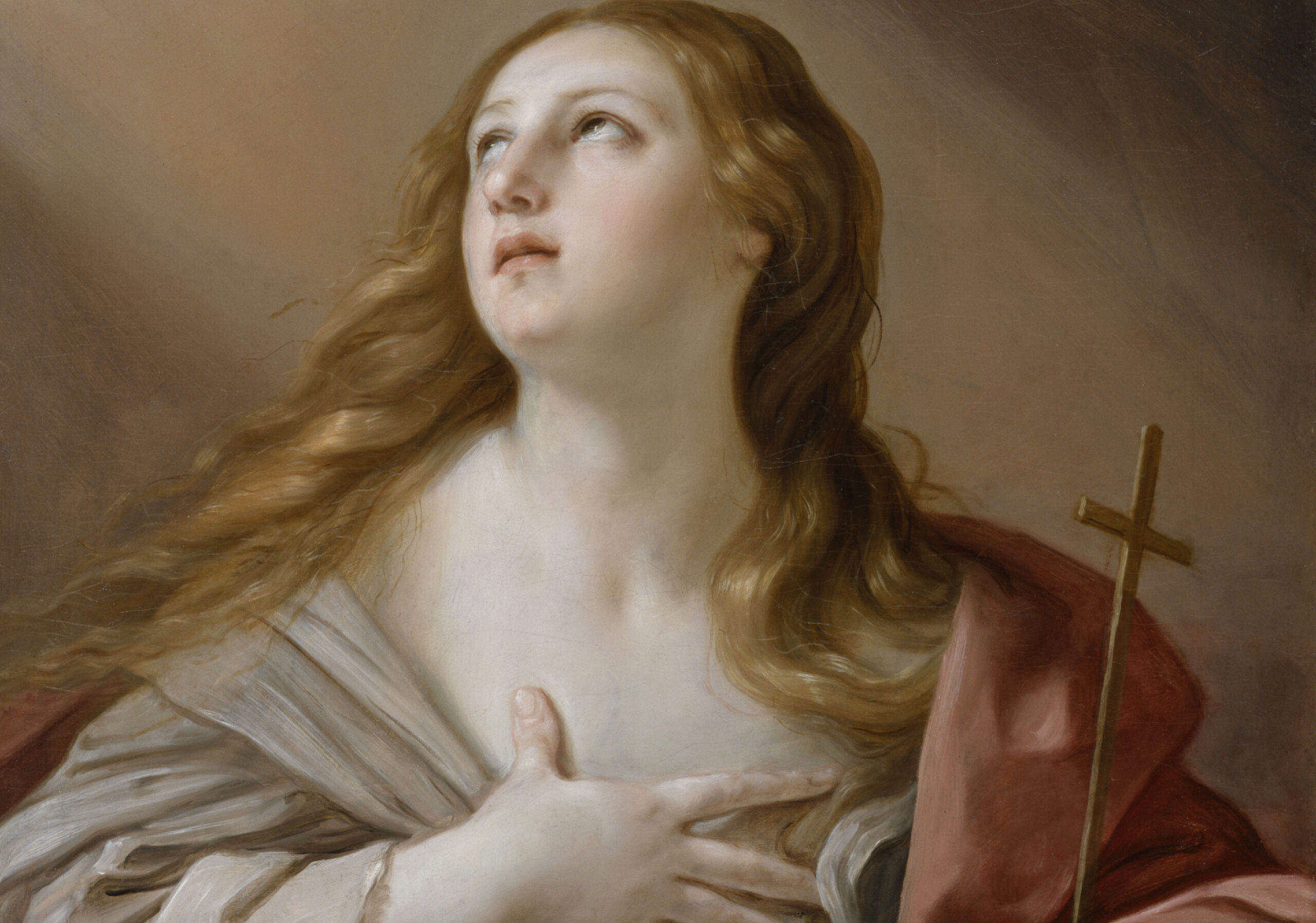
Saints with a Past: A Study of Conversion in the Lives of Eight Notorious Sinners
Taught by Thomas J. Craughwell
How bad can you be and still become a saint? The short answer is: Pretty awful, thoroughly wicked, even. With Professor Thomas J. Craughwell, you'll meet an outlaw, an anti-pope, an embezzler, a con-artist, two fallen women, and two mass murderers who, for most of their lives, were as far as possible from sanctity and holiness.

Catholics in the Public Square: A Study in Conflict and Influence
Bradley Birzer, Ph.D.
The intersection between church and state has always been a sticking point for Americans, especially for those in public office. During recent election cycles, we've witnessed spiritual compromise by self-described Catholic politicians and the attack of popular media against socially conservative candidates. This year, the tension between church and state came to a head with the major confrontation between the Catholic Bishops and the Obama administration over policy decisions.
Dr. Bradley Birzer reaches deep into American history to present a study of the conflict between Catholics, the Church, and the federal government. The Founding Fathers made it clear they believed that personal religion had everything to do with politics - but somewhere in our country's history we've lost that understanding.
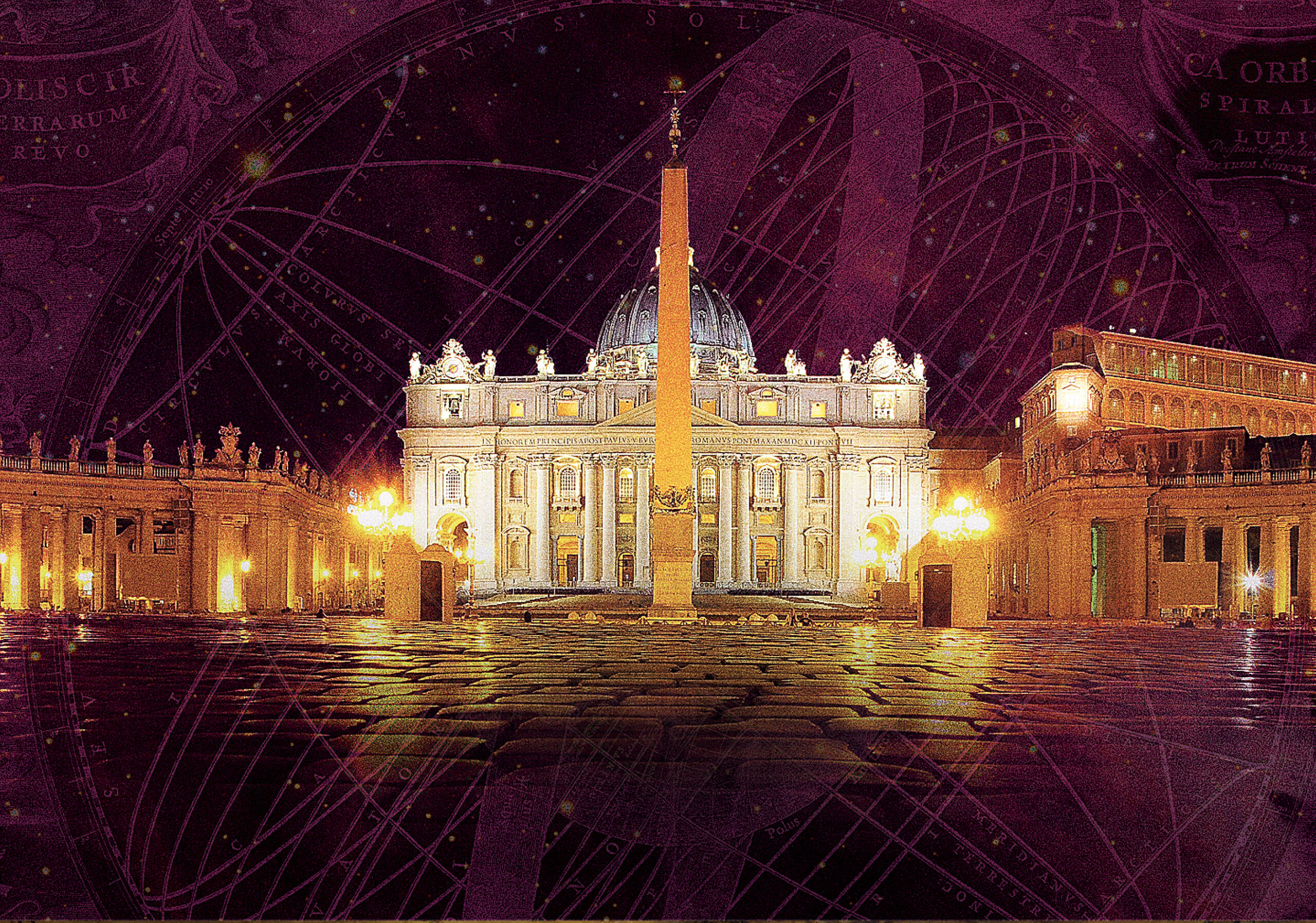
Seven Myths about the Catholic Church and Science: A Refutation of Popular Errors
Taught by Benjamin Wiker, Ph.D.
In Seven Myths about the Catholic Church and Science, Dr. Benjamin Wiker dispels the most common and persistent confusions about the relationship between the Faith and scientific inquiry. All too often, this relationship is presented - in the popular media and even in history books - as if it is a war, an endless battle between superstition and the forces of light and reason.
Quite to the contrary, Professor Wiker proves the truth is that the Church is and always has been the great friend, patron and protector of science. Certainly, the Church is not a flatterer, but she is a friend nonetheless. The so-called "war" waged against science is merely the Church's efforts to steer its flock away from scientific theories that, however attractive and popular they may be, ultimately undermine natural and supernatural truths, undermine morality, and undermine science itself.
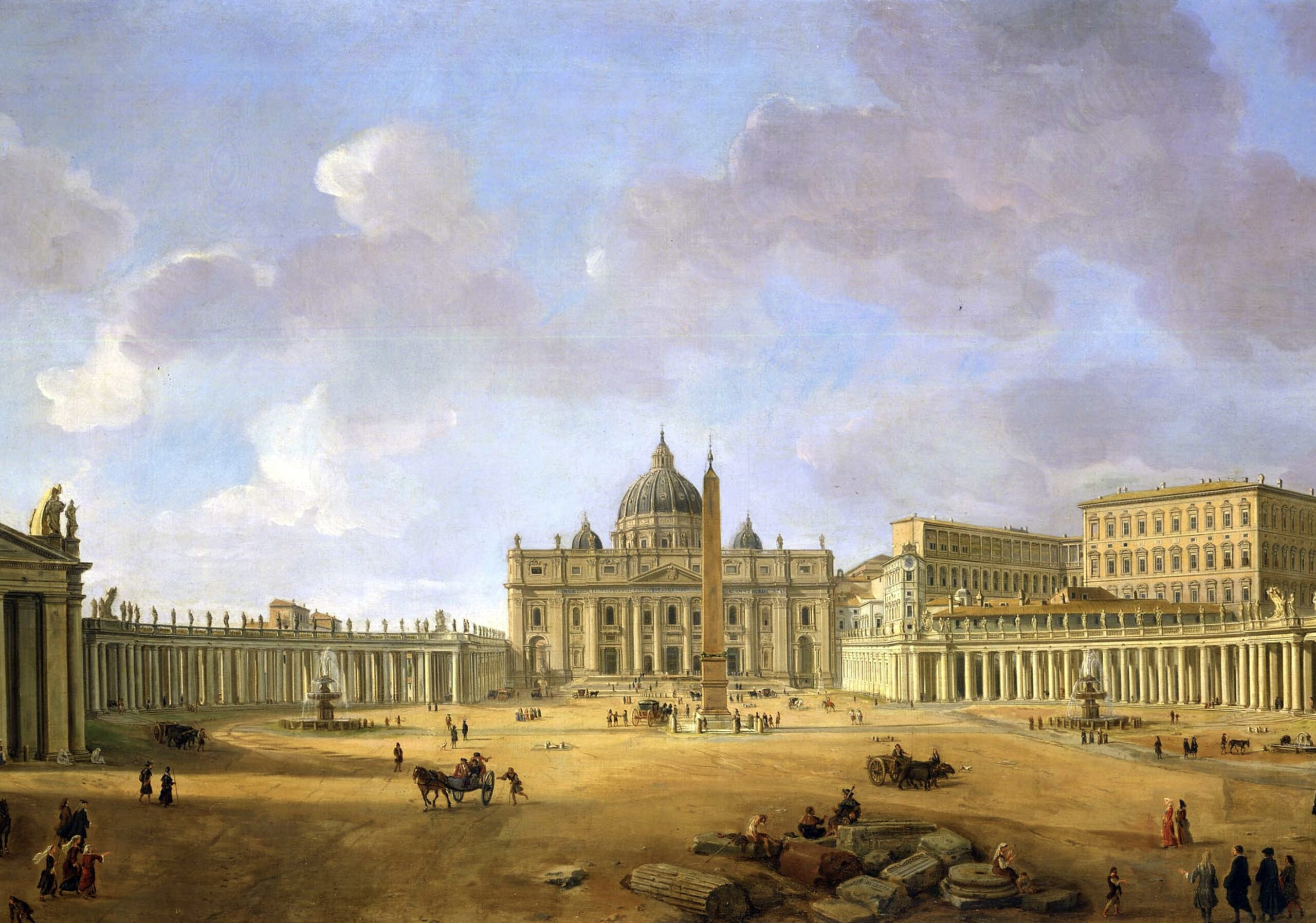
A Tour of Saint Peter’s Square and Basilica: Exploring the History and Beauty of the Heart of Rome
Rev. Fr. Jeffrey Kirby, S.T.D., S.T.L.
In this course, Father Kirby takes a look at the history and artwork of St. Peter's Square and Basilica through the light of faith. This comprehensive tour explains why St. Peter's Basilica was significant to the early Christians, and why it is still significant today.
Just as the ancient pilgrims exclaimed, “Ecco Roma” (Latin for “Behold Rome”), so too does this course begin with wonder at beholding the Eternal City. Aside from visiting Italy in person, this tour will take you as close as possible to experiencing the splendor of Rome, Vatican City, and St. Peter’s Square.
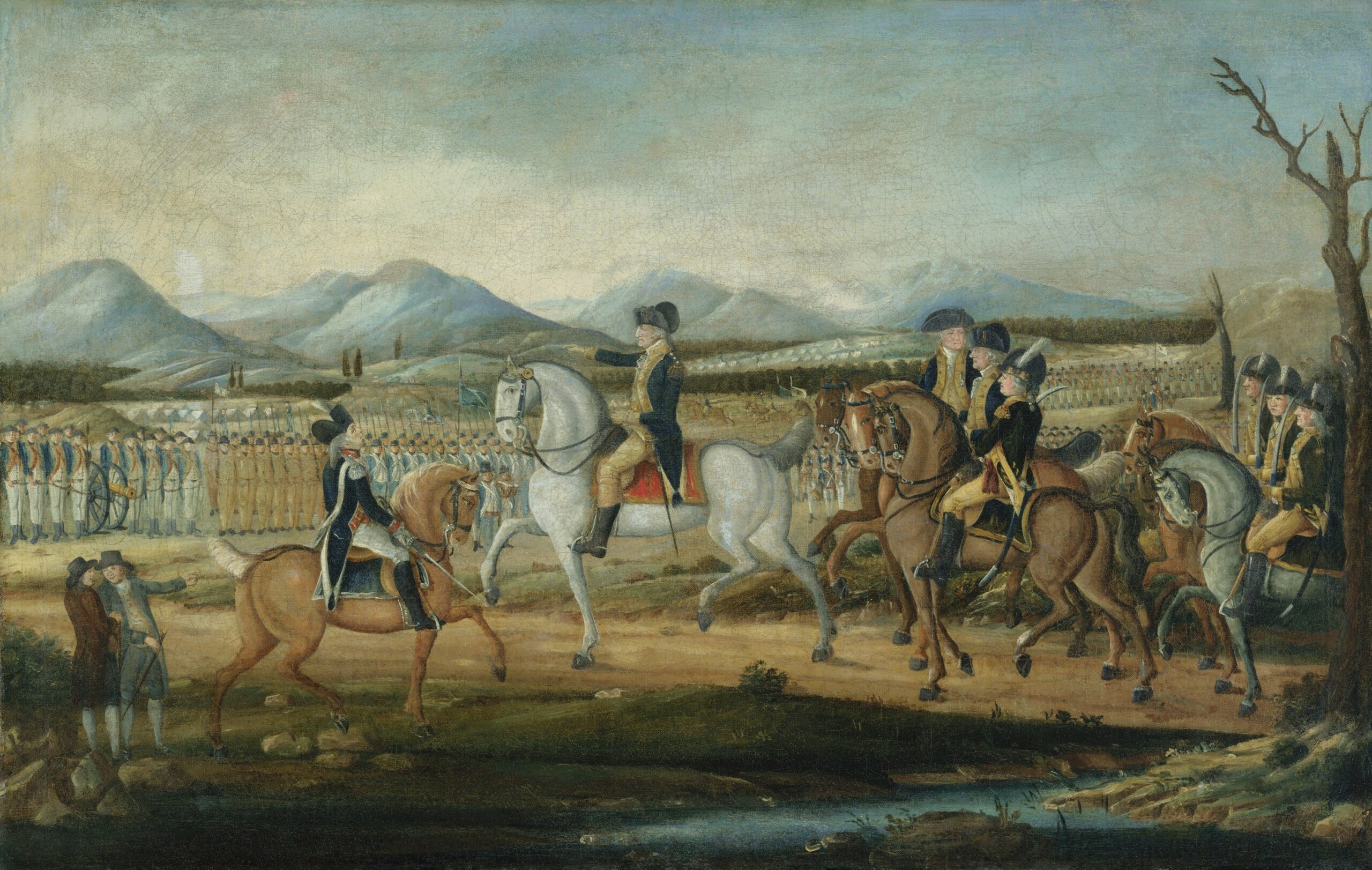
Every TAN Course Includes:
- 30-minute video or audio lectures
- Printable PDF study guide
- Deep theology taught by great minds
- Continued education at your own pace
"The first law of history is to dread uttering a falsehood; the next is not to fear stating the truth; lastly, the historian's writings should be open to no suspicion of partiality or animosity."
Pope Leo XIII
Your Professors
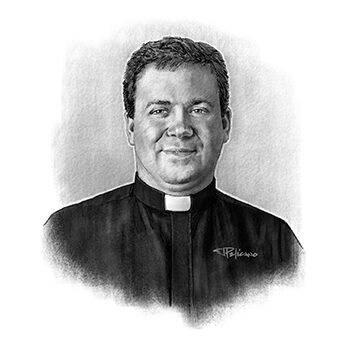
Fr. Jeffery Kirby, S.T.D.
Father Jeffrey Kirby, S.T.D. is a Papal Missionary of Mercy, the Pastor of Our Lady of Grace Parish in Indian Land, South Carolina, an Adjunct Professor of Theology at Belmont Abbey College, a Senior Contributor to the Crux news site, and an author of several books on spiritual, moral, and pastoral subjects.
Father Kirby holds a doctorate in moral theology from the Holy Cross University in Rome and a Bachelor of Arts in History and a Master of Arts in Philosophy from the Franciscan University of Steubenville.
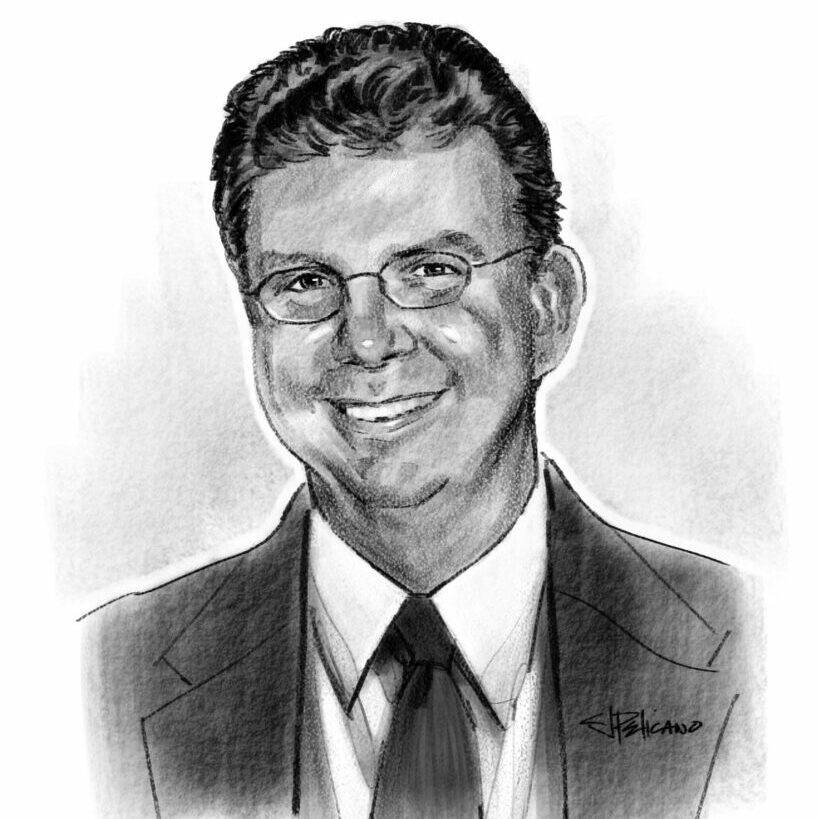
Dr. Thomas J. Craughwell
Dr. Thomas J. Craughwell is author of more than two dozen published works. Among them are his highly acclaimed Saints Behaving Badly (Doubleday, 2006) and Saints Preserved: An Encyclopedia of Relics (Image, 2011). Dr. Craughwell's book, Stealing Lincoln's Body (Harvard University Press, 2007), has been adapted into a History Channel documentary. His articles have been printed by The Wall Street Journal, The New York Times, Inside the Vatican, and Our Sunday Visitor. A popular speaker, Dr. Craughwell has appeared on EWTN, CNN, and Ave Maria radio to discuss saints, the canonization process, and Catholic history. He writes out of his home in Bethel, Connecticut.
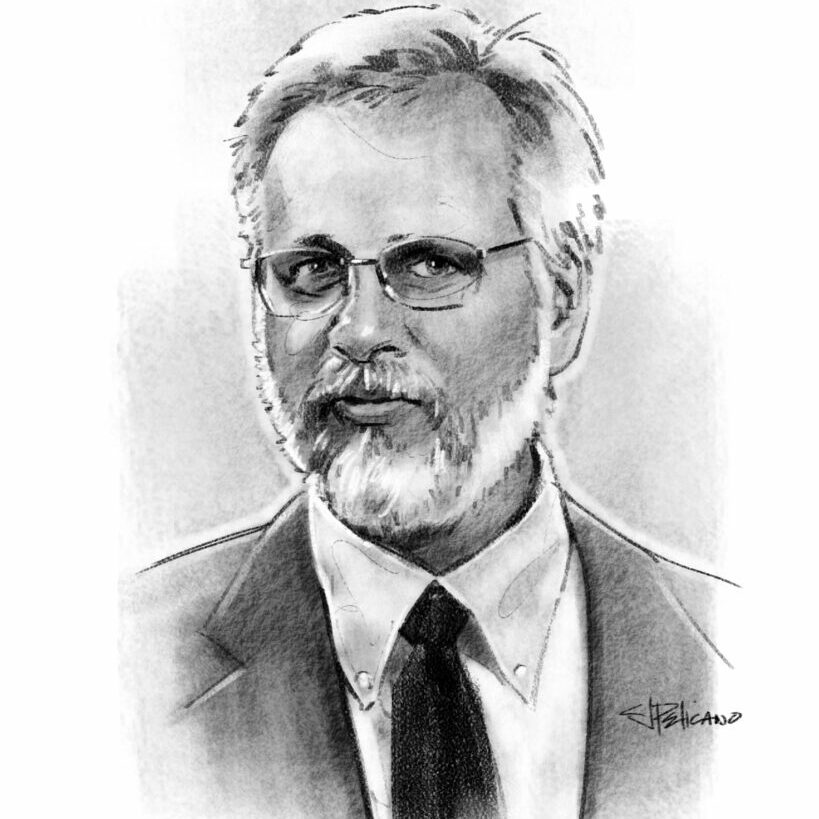
Benjamin Wiker, Ph.D.
Benjamin Wiker obtained his Ph.D. in theological ethics from Vanderbilt University, then went on to teach at a variety of institutions, including Marquette University, Saint Mary's University of Minnesota, Thomas Aquinas College, and the Franciscan University of Steubenville. He came to attention in 2002 with the publication of Moral Darwinism: How We Became Hedonists. In this book, Wiker aims to show how Darwinism by its very nature completely undermines the ethical foundations of Christianity, Judaism, and Islam because what he sees as its materialist cosmology is incompatible with any concept of natural law. Wiker became a member of the Discovery Institute, a think tank supporting this idea and intelligent design, soon after the publication of the book.
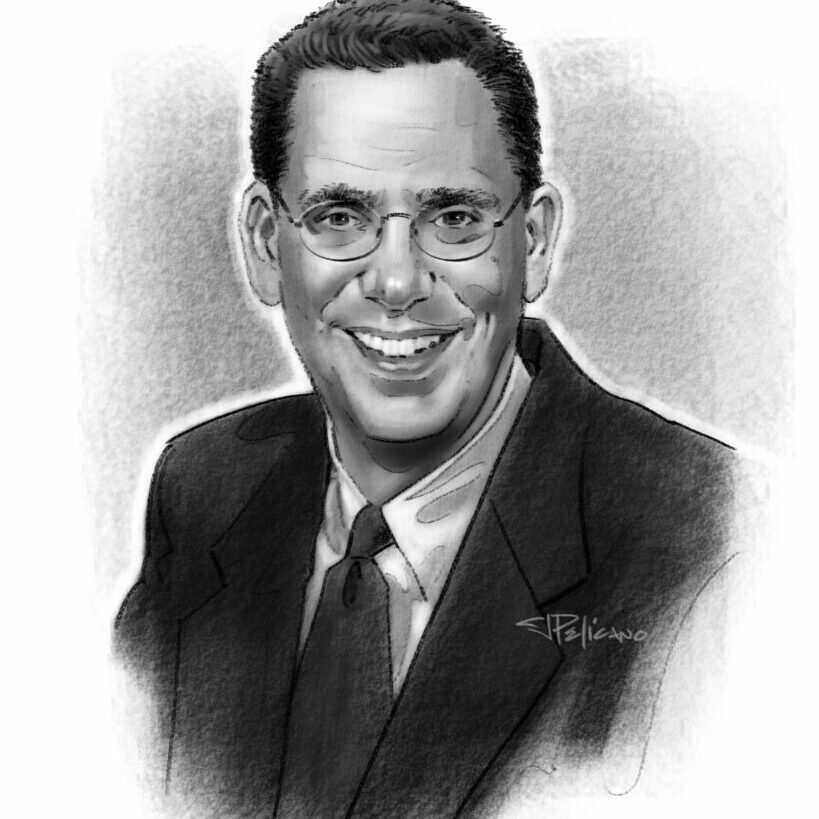
Bradley Birzer, Ph.D.
Bradley J. Birzer, Ph.D. is Russell Amos Kirk Chair in American Studies and Professor of History, Hillsdale College. Author of several biographies, he is the co-founder and editor at large, The Imaginative Conservative. He and his wife (also Dr. Birzer) have seven children and divide their time between Michigan and Colorado.

Fr. Jeffery Kirby, S.T.D.
Father Jeffrey Kirby, S.T.D. is a Papal Missionary of Mercy, the Pastor of Our Lady of Grace Parish in Indian Land, South Carolina, an Adjunct Professor of Theology at Belmont Abbey College, a Senior Contributor to the Crux news site, and an author of several books on spiritual, moral, and pastoral subjects.
Father Kirby holds a doctorate in moral theology from the Holy Cross University in Rome and a Bachelor of Arts in History and a Master of Arts in Philosophy from the Franciscan University of Steubenville.

Dr. Thomas J. Craughwell
Dr. Thomas J. Craughwell is author of more than two dozen published works. Among them are his highly acclaimed Saints Behaving Badly (Doubleday, 2006) and Saints Preserved: An Encyclopedia of Relics (Image, 2011). Dr. Craughwell's book, Stealing Lincoln's Body (Harvard University Press, 2007), has been adapted into a History Channel documentary. His articles have been printed by The Wall Street Journal, The New York Times, Inside the Vatican, and Our Sunday Visitor. A popular speaker, Dr. Craughwell has appeared on EWTN, CNN, and Ave Maria radio to discuss saints, the canonization process, and Catholic history. He writes out of his home in Bethel, Connecticut.

Benjamin Wiker, Ph.D.
Benjamin Wiker obtained his Ph.D. in theological ethics from Vanderbilt University, then went on to teach at a variety of institutions, including Marquette University, Saint Mary's University of Minnesota, Thomas Aquinas College, and the Franciscan University of Steubenville. He came to attention in 2002 with the publication of Moral Darwinism: How We Became Hedonists. In this book, Wiker aims to show how Darwinism by its very nature completely undermines the ethical foundations of Christianity, Judaism, and Islam because what he sees as its materialist cosmology is incompatible with any concept of natural law. Wiker became a member of the Discovery Institute, a think tank supporting this idea and intelligent design, soon after the publication of the book.

Bradley Birzer, Ph.D.
Bradley J. Birzer, Ph.D. is Russell Amos Kirk Chair in American Studies and Professor of History, Hillsdale College. Author of several biographies, he is the co-founder and editor at large, The Imaginative Conservative. He and his wife (also Dr. Birzer) have seven children and divide their time between Michigan and Colorado.

Fr. Jeffery Kirby, S.T.D.
Father Jeffrey Kirby, S.T.D. is a Papal Missionary of Mercy, the Pastor of Our Lady of Grace Parish in Indian Land, South Carolina, an Adjunct Professor of Theology at Belmont Abbey College, a Senior Contributor to the Crux news site, and an author of several books on spiritual, moral, and pastoral subjects.
Father Kirby holds a doctorate in moral theology from the Holy Cross University in Rome and a Bachelor of Arts in History and a Master of Arts in Philosophy from the Franciscan University of Steubenville.
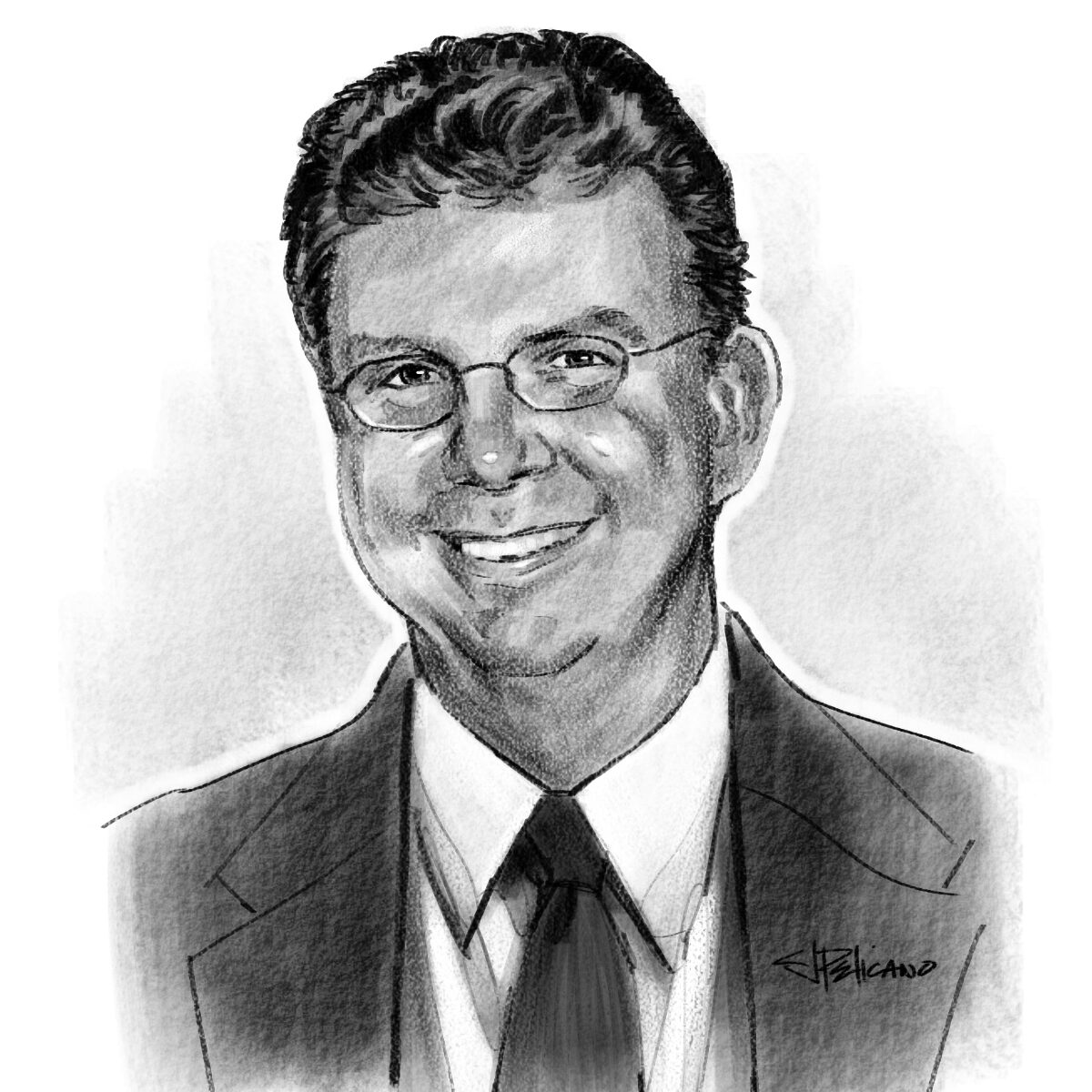
Dr. Thomas J. Craughwell
Dr. Thomas J. Craughwell is author of more than two dozen published works. Among them are his highly acclaimed Saints Behaving Badly (Doubleday, 2006) and Saints Preserved: An Encyclopedia of Relics (Image, 2011). Dr. Craughwell's book, Stealing Lincoln's Body (Harvard University Press, 2007), has been adapted into a History Channel documentary. His articles have been printed by The Wall Street Journal, The New York Times, Inside the Vatican, and Our Sunday Visitor. A popular speaker, Dr. Craughwell has appeared on EWTN, CNN, and Ave Maria radio to discuss saints, the canonization process, and Catholic history. He writes out of his home in Bethel, Connecticut.
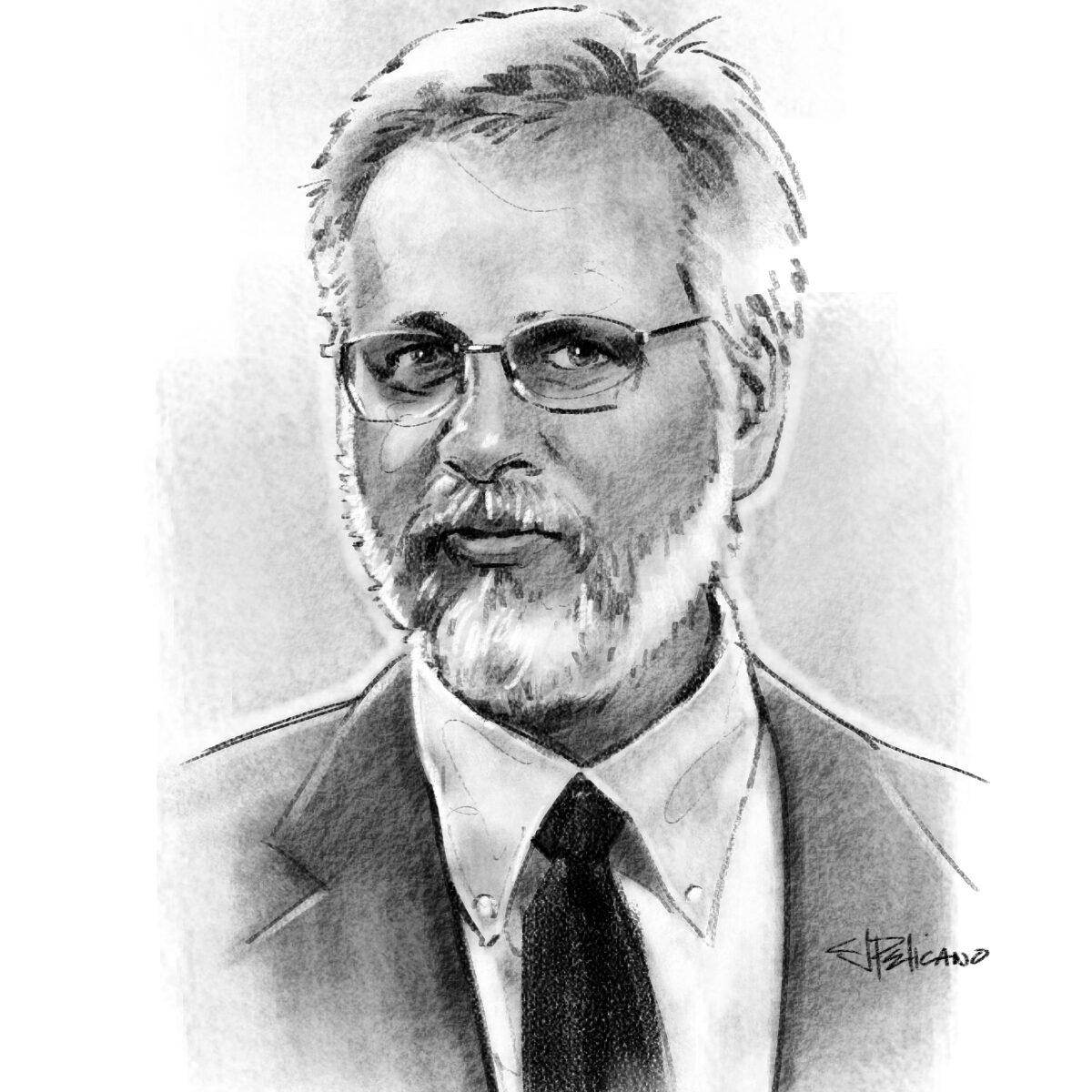
Benjamin Wiker, Ph.D.
Benjamin Wiker obtained his Ph.D. in theological ethics from Vanderbilt University, then went on to teach at a variety of institutions, including Marquette University, Saint Mary's University of Minnesota, Thomas Aquinas College, and the Franciscan University of Steubenville. He came to attention in 2002 with the publication of Moral Darwinism: How We Became Hedonists. In this book, Wiker aims to show how Darwinism by its very nature completely undermines the ethical foundations of Christianity, Judaism, and Islam because what he sees as its materialist cosmology is incompatible with any concept of natural law. Wiker became a member of the Discovery Institute, a think tank supporting this idea and intelligent design, soon after the publication of the book.
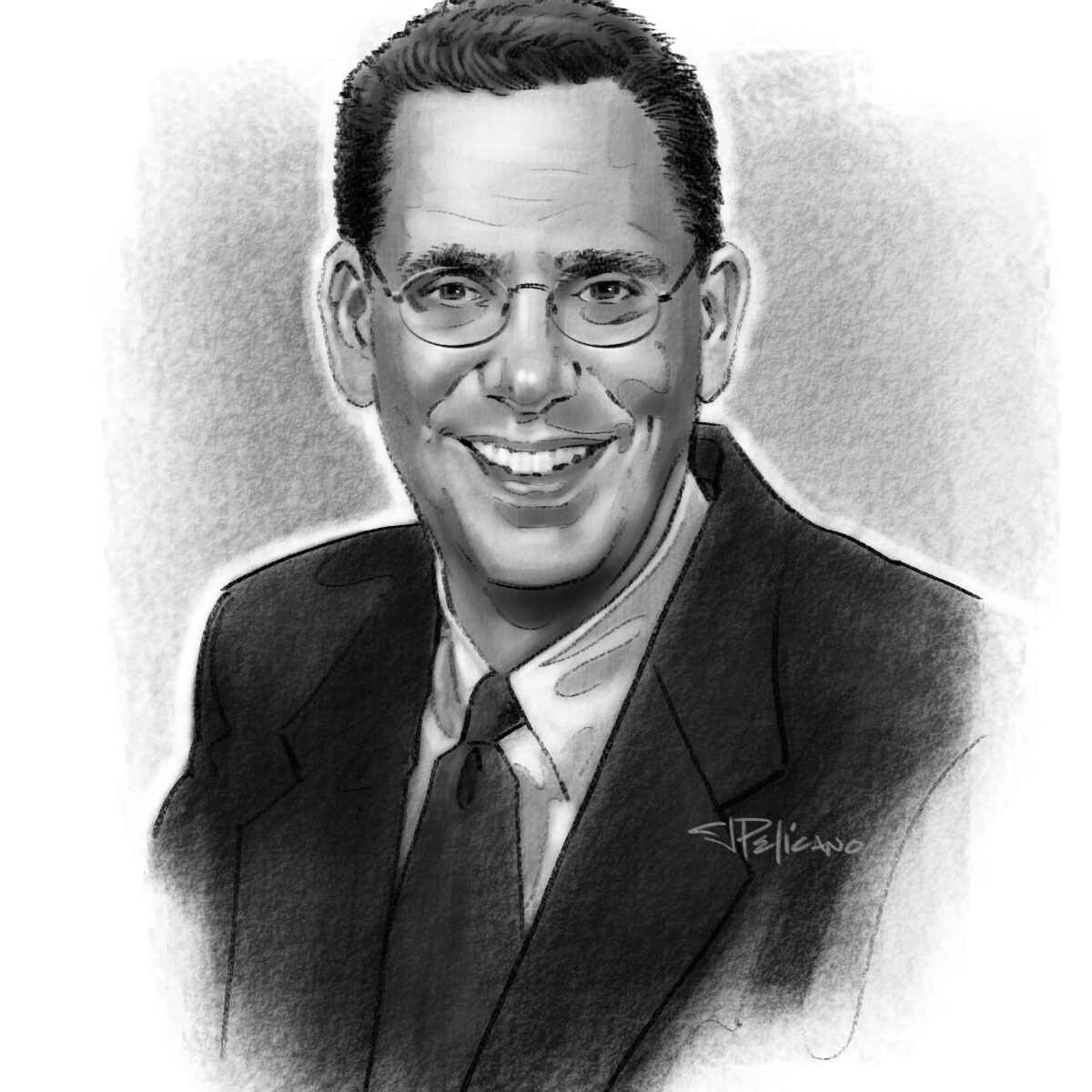
Bradley Birzer, Ph.D.
Bradley J. Birzer, Ph.D. is Russell Amos Kirk Chair in American Studies and Professor of History, Hillsdale College. Author of several biographies, he is the co-founder and editor at large, The Imaginative Conservative. He and his wife (also Dr. Birzer) have seven children and divide their time between Michigan and Colorado.




